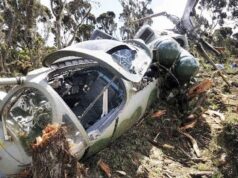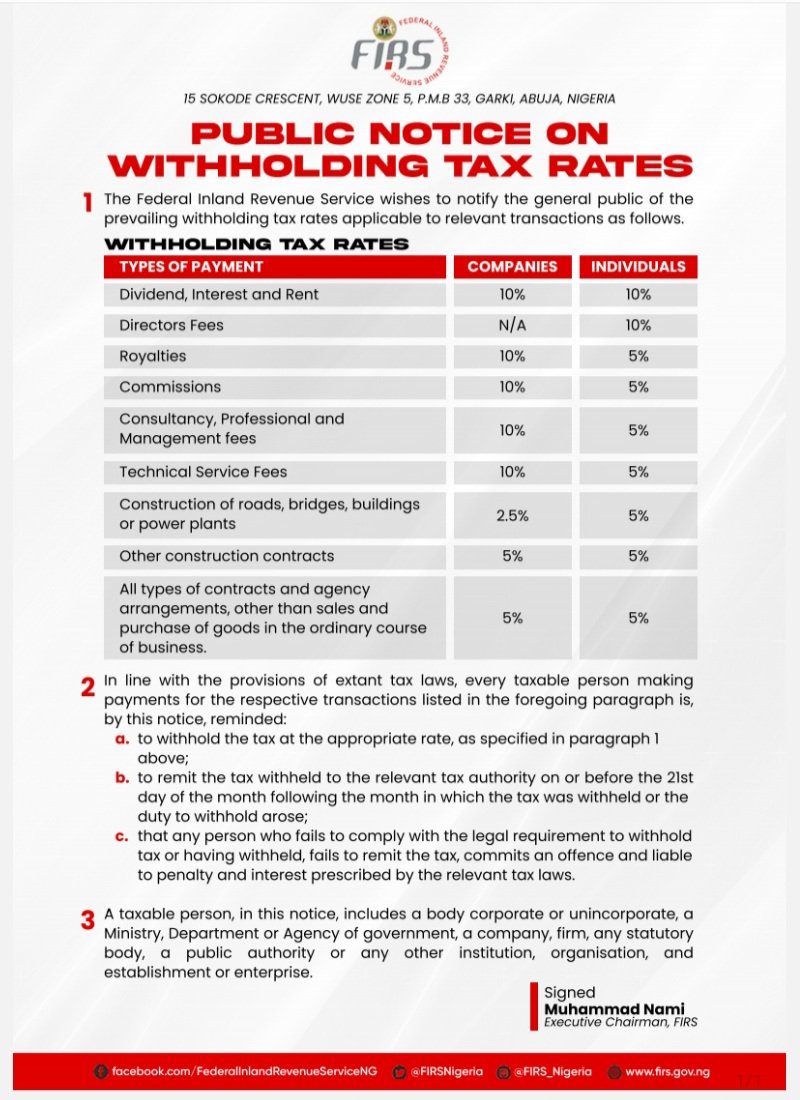 Just recently, one of the biggest players in the manufacturing sector, Procter & Gamble Nigeria closed its $300m plant at Agbara in Ogun State just a year after it was opened amid fanfare by Vice President Yemi Osinbajo, ostensibly to showcase some measure of success in government’s policy to grow the non-oil sector.
Just recently, one of the biggest players in the manufacturing sector, Procter & Gamble Nigeria closed its $300m plant at Agbara in Ogun State just a year after it was opened amid fanfare by Vice President Yemi Osinbajo, ostensibly to showcase some measure of success in government’s policy to grow the non-oil sector.
The company tried to downplay the disaster as a restructuring of its operations but P&G, which manufactures household goods including soap and diapers, had become the latest victim of the inclement economic environment that has defined the Muhammadu Buhari administration in its three plus years in power.
Not long ago, PZ Cussons (the UK-based consumer goods giant), released a statement to the UK stock market that blamed its significant profit drop to low liquidity in the economy. The company posited ‘macro-conditions in Nigeria have resulted in a sharp decline in Africa profits for the year and, hence, a disappointing result for the group.’
Indeed some 272 manufacturing and other plants have gone belly up in 2016 alone, under Buhari, who came into office on the back of promises to boost the economy and create jobs.
While this government has made a habit of blaming the nation’s woes on mismanagement by the past administration, it has come short of injecting fresh ideas on how to revamp the economy and position it to create the very jobs it has promised. On the contrary, jobs are disappearing by the day, with many companies closing or trimming their workforce just to stay afloat.
Perhaps the most critical factor responsible for this was the foreign exchange shock that hit corporate entities two years ago when government adjusted the rate sharply downwards ostensibly to protect our external reserves following the collapse of oil prices.
However, in a country where manufacturers are largely dependent on imported raw materials and machinery, stakeholders have criticised the refusal of government to adjust import tariffs to accommodate the higher cost of inputs. The result has been much tougher times for manufacturers which hold the key to the elusive industrialisation and associated benefits of job creation, increased purchasing power and eventual recovery and growth.
For an economy still yet to recover fully from recession, the golden standard would be for government to supply fiscal incentives or reliefs for the real sector. In this case, it has been the opposite, apparently fixated on boosting revenues, it held on to a punitive tariff regime and indeed introduced new excise duties in the food and beverages sector, which has seen companies such as Nigerian Breweries reporting profit declines in the second quarter of this year.
Key economic stakeholders such as the Lagos Chamber of Commerce and Industry (LCCI) did not see the sense in the approved amendment to the excise duty rates for alcoholic beverages, spirits and tobacco and the plan to extend it to several other basic items.
LCCI Director General, Mr. Muda Yusuf, posited that such moves would further aggravate the poverty situation in a country where 60 per cent still live below the poverty line and undermine the general welfare of citizens.
Already, data from the Manufacturers Association of Nigeria point weak recovery in that sector as output grew by 0.14 per cent in the fourth quarter of 2017 up from -2.54 per cent recorded in the corresponding quarter of 2016.
Manufacturers are still grappling with the same problems of capital, logistics problems, bad port access roads and transportation networks.
Many have not recovered from the currency depreciation of the past two years, which has kept operational expenses beyond control, forced them to raise prices and created room for the influx of all sorts of cheap alternatives form China and the rest of the world.
For manufacturers, this has been reflected in a rise in inventory – a confirmation of lower purchasing power that portends even more job losses, and lower private sector capacity to create jobs.
MAN data, showed that members’ inventory – unsold goods – totaled N321.12 billion in 2017 against N90.43 billion recorded in 2016; thus, indicating N230.77 billion or 255.19 percent increase over the period.
Yet, more taxes are being imposed on local firms.
Beyond the fiscal issues are the larger concerns of growing insecurity across the country and effects on the Agric and other sectors as well as foreign investments.
The Central Bank of Nigeria warned recently that Nigerians should prepare for higher food prices as a result of lower yield from the Agric sector where widespread violence have cut back farming activity. The net effect would be a reversal of the gains made in moderating inflation, which has declined for the past 15 months consecutively and higher cost for companies, which utilise local raw materials from the Agric sector.
Many companies have stopped doing business in the North largely because of the risks of getting the products to such markets and crippling poverty associated with huge displacement of populations and loss of means of livelihoods.
So far, there is little indication that government is on top of its game concerning the escalation of violence despite claims to the contrary.
Investors are moving out and looking outside Nigeria. Andela, a software development firm, partly funded by Facebook founder, Mark Zuckerberg is looking towards East Africa for more investments and new developers despite Zuck’s high profile visit to the Lagos campus last year.
As the 2019 elections draw near, manufacturers and indeed many businesses are worried that the focus would shift to politics and they will still be left struggling to keep head above water in an environment where the common refrain has been “No money”.
This indicates the need for new ideas in managing our economic space away from rhetoric and the slew of empty promises with which Nigerians have been inundated since 2015.
This, perhaps, is the option in 2019, which fortunately is throwing up the candidacy of Atiku Abubakar, the former vice president, who oversaw the fastest period of growth ever witnessed by Nigeria as the manager of the economy under President Olusegun Obasanjo.
It was Atiku, with his thorough understanding of the business world and the ability to bring in good talent, that laid the groundwork for the entry of foreign and local investors in key sectors of the economy including the restructuring of the insurance and banking sectors; telecommunications and power.
He has demonstrated a thorough understanding of the issues including the restructuring debate, which many others are dodging, and the agenda is to deliver meaningful and purposeful governance with higher efficiency in public service, real and equitable opportunities for young Nigerian, comprehensive public sector support for businesses at all levels and infrastructure that works.
Obviously, we need to chart a new course for this country under a more credible, accommodating, sincere and knowledgeable leadership. It’s really too late for experiments.
- Ajibike Onajin is an entrepreneur and writes from Lagos








